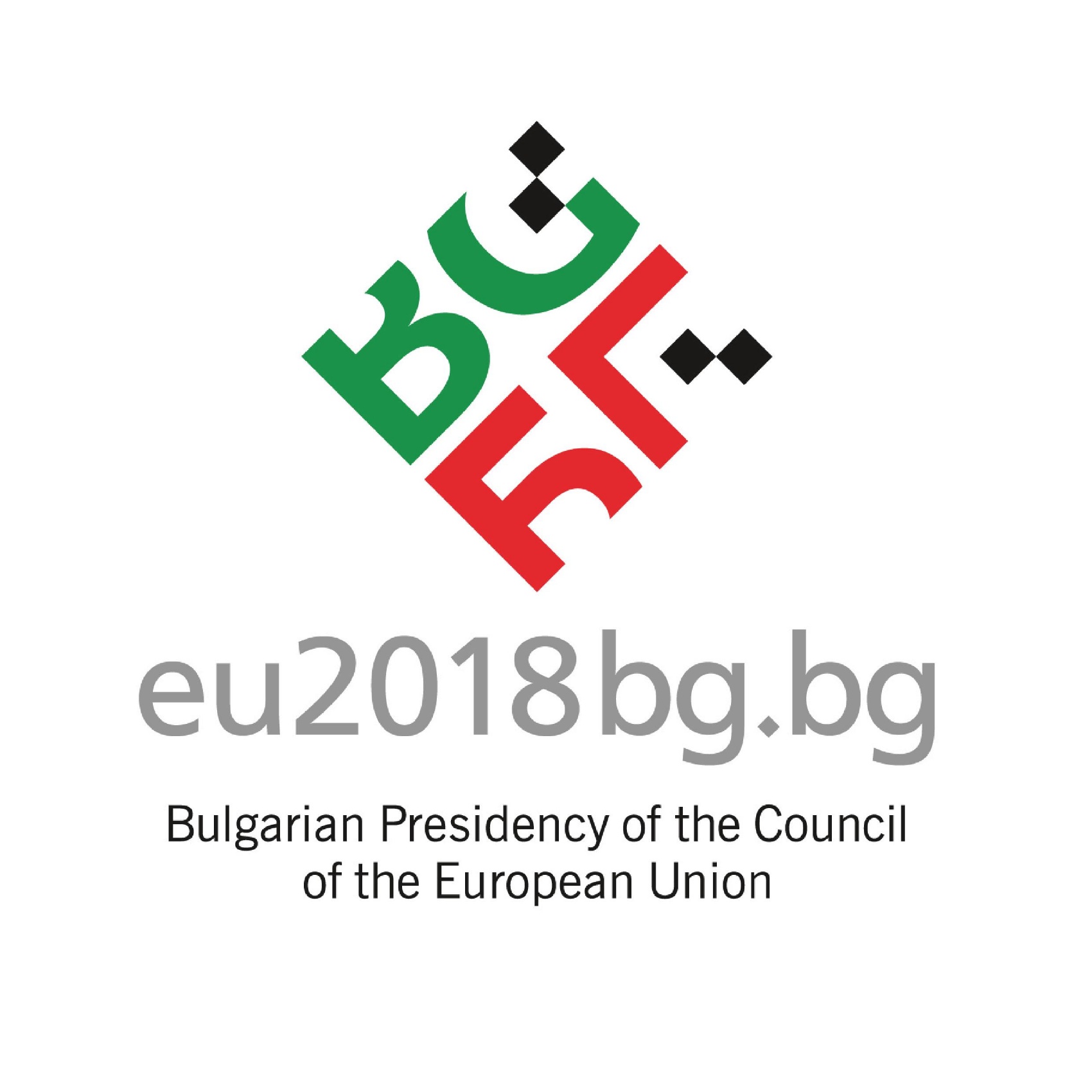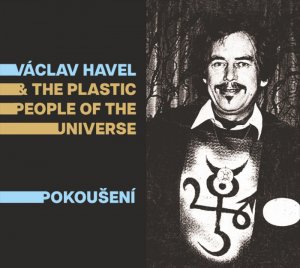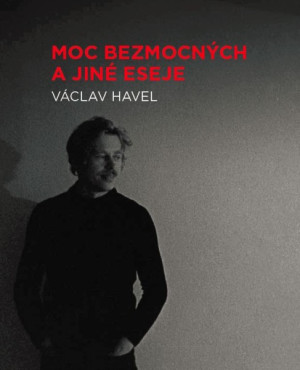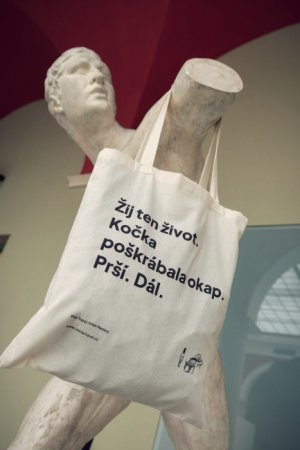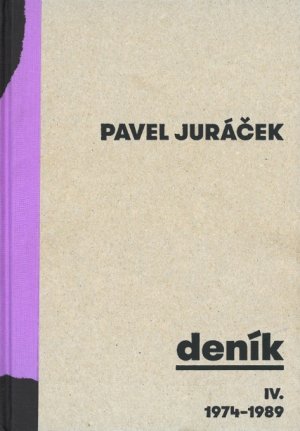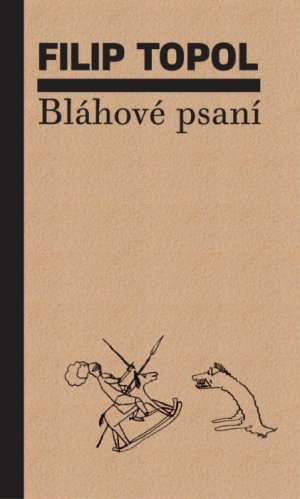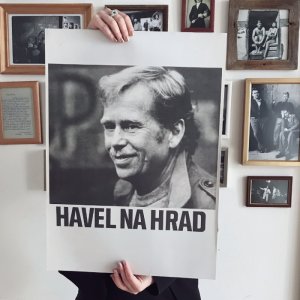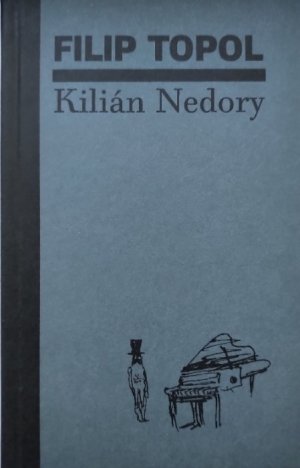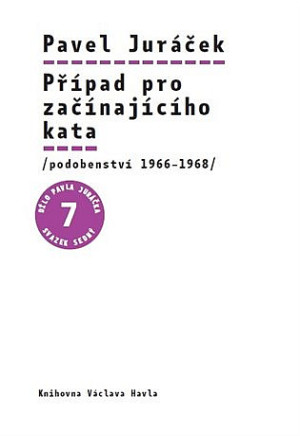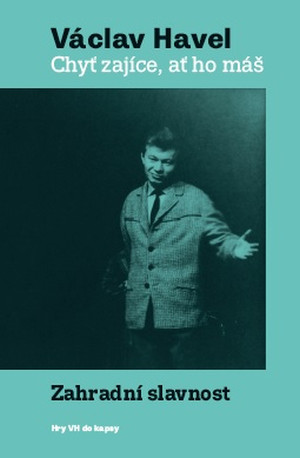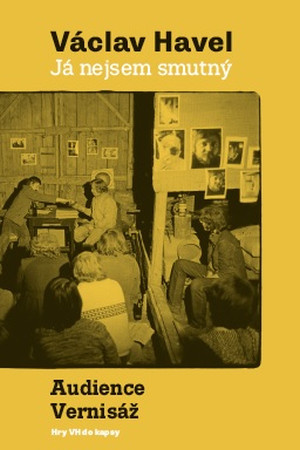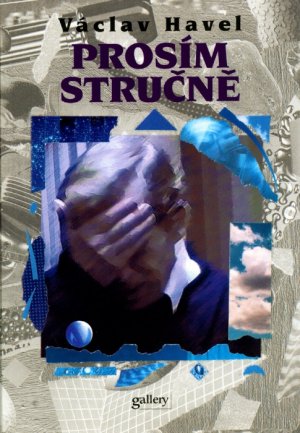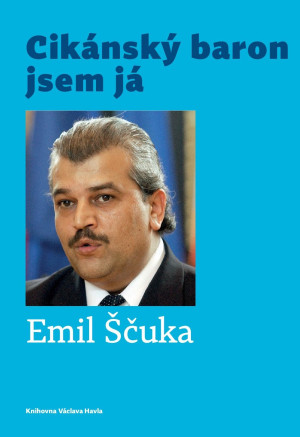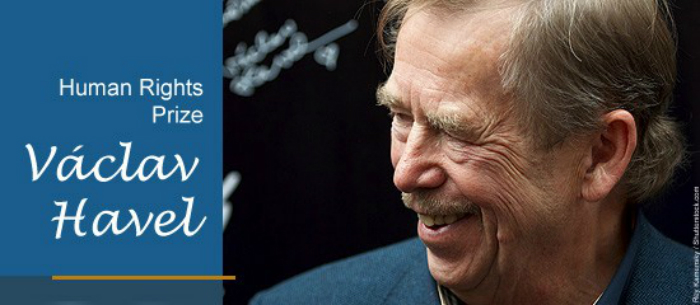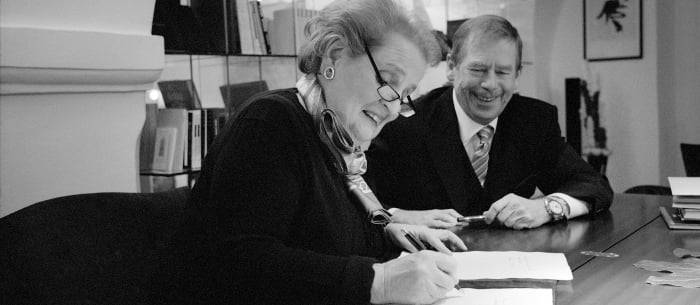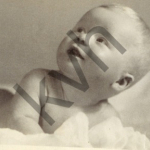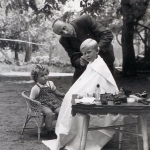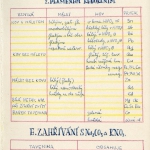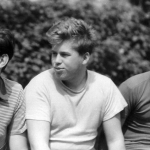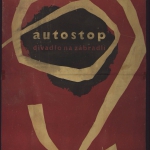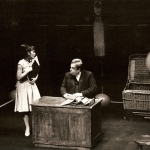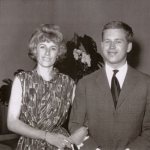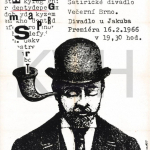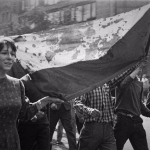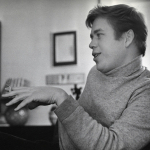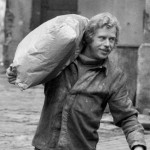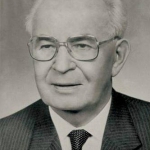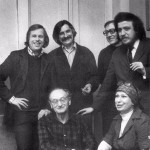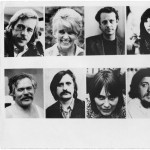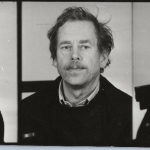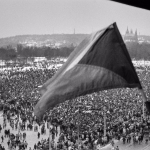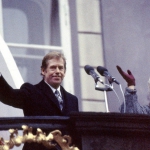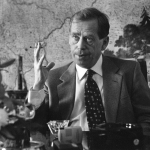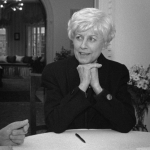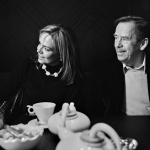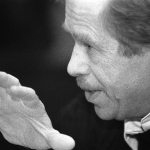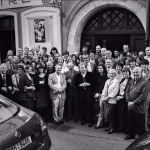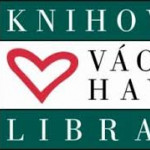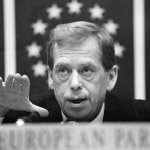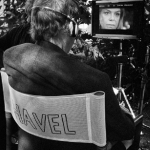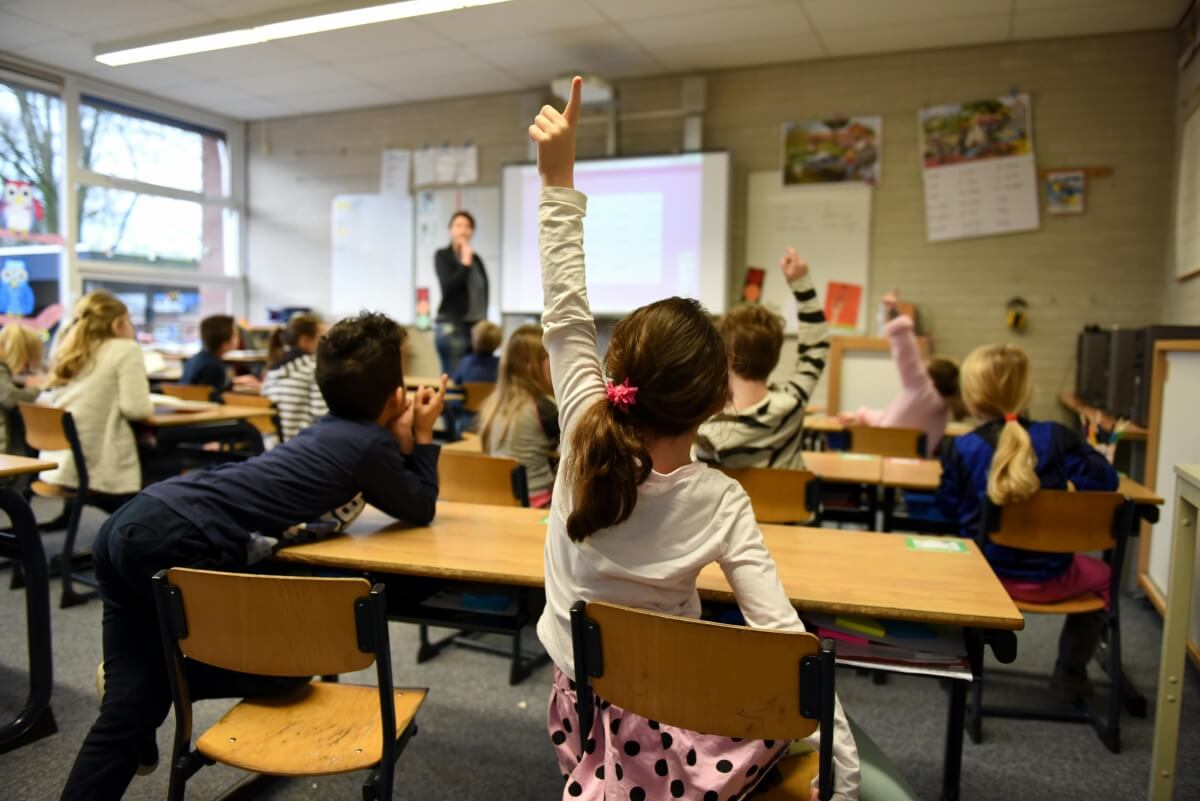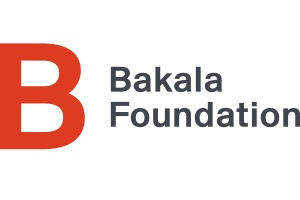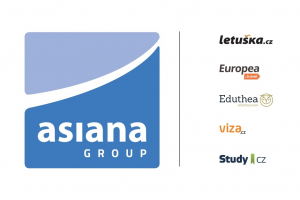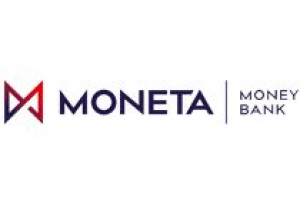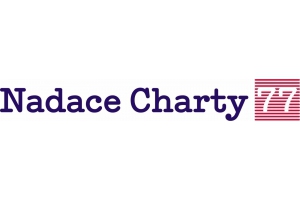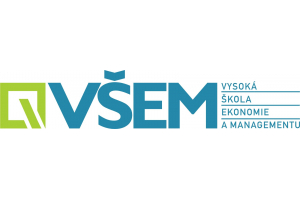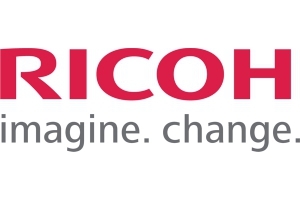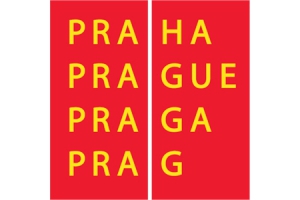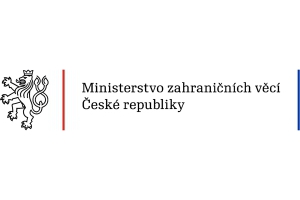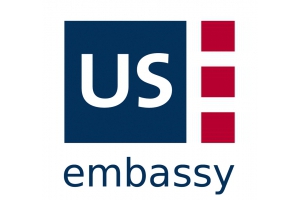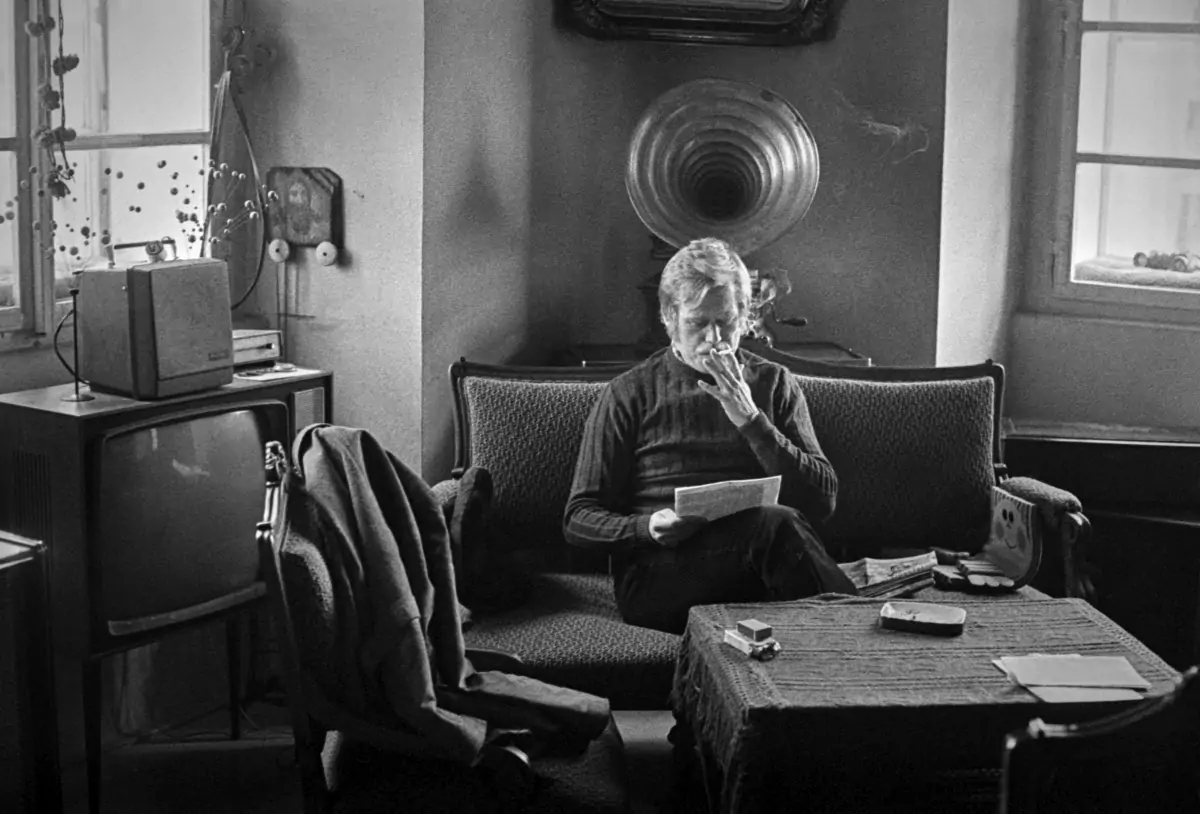
Club / News / Program
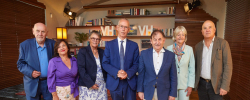
Three candidates shortlisted for the 2023 Václav Havel Prize 05/09/23
The selection panel of the Václav Havel Human Rights Prize, which rewards outstanding civil society action in defence of human rights in Europe and beyond, has today announced the shortlist for the 2023 Award. Meeting in Prague today, the panel – made up of independent figures from the world of human rights and chaired by the President of the Parliamentary Assembly of the Council of Europe (PACE) Tiny Kox – decided to shortlist the following three nominees, in alphabetical order: More
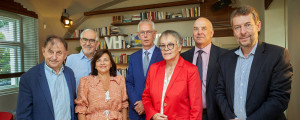
Three candidates shortlisted for the 2022 Václav Havel Human Rights Prize 06/09/22
The discussion among the seven-member jury helmed by the president of the Parliamentary Assembly of the Council of Europe centred on the importance of the issue of human rights during this tense period. The finalists include Vladimir Kara-Murza, a political prisoner and leading Russian democracy campaigner; Ukraine’s 5 AM Coalition, which gathers evidence of human rights abuses stemming from Russia’s invasion of the country; and Hungary’s Rainbow Coalition defending LGBTQIA+ rights. “This year’s selection reflects the central role that human rights play in the current European crisis,” says Michael Žantovský, jury member and executive director of the Václav Havel Library, which bestows the prize in cooperation with the Parliamentary Assembly of the Council of Europe and Nadace Charty 77.
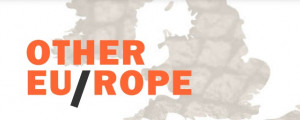
The Other Europe 27/04/22
Dear Friends, After three years we have completed the international project The Other Europe, during which, in cooperation with partner institutions, we have processed and made public recordings of interviews shot in 1987 and 1988 behind the Iron Curtain, and in exile, with important representatives of the opposition and the arts, as well as random citizens. Over those three years we have prepared video, audio and text of 106 interviews in speakers’ native languages and English translation. Despite public health restrictions in the Covid period, we have jointly prepared 16 international conferences and public presentations in six Central and Eastern European states. More
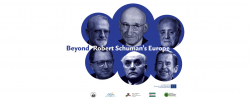
From Schuman to Havel – what next? 16/02/22
The Václav Havel Library is a proud partner of the project Beyond Robert Schuman’s Europe More
Program for June 2018<
entry-free
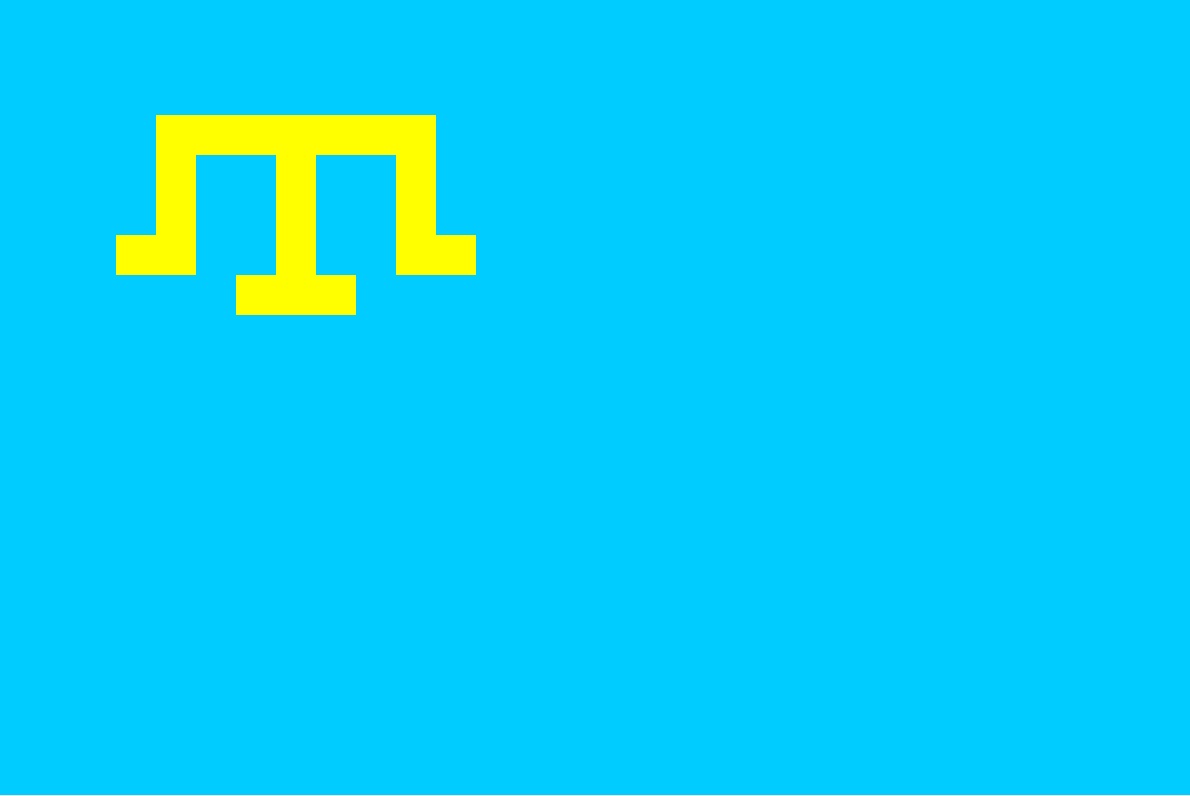
Elmira Lyapina – The Tatars in Russia
- Where: Václav Havel Library, Ostrovní 13, Prague 110 00
- When: June 4, 2018, 19:00 – 21:00
Proclaimed human rights and the actual situation of Turkic minorities in Russia and the right to use Tatar as a mother tongue, as well as the history of the Crimean Tatars and how they live today, will be discussed by Elmira Lyapina, chairwoman of KITAP, a Tatar and Turkic association in Prague, will discuss.
Server Abkerimov’s work will serve as a visual accompaniment, illustrating the lives of the Crimean Tatars.
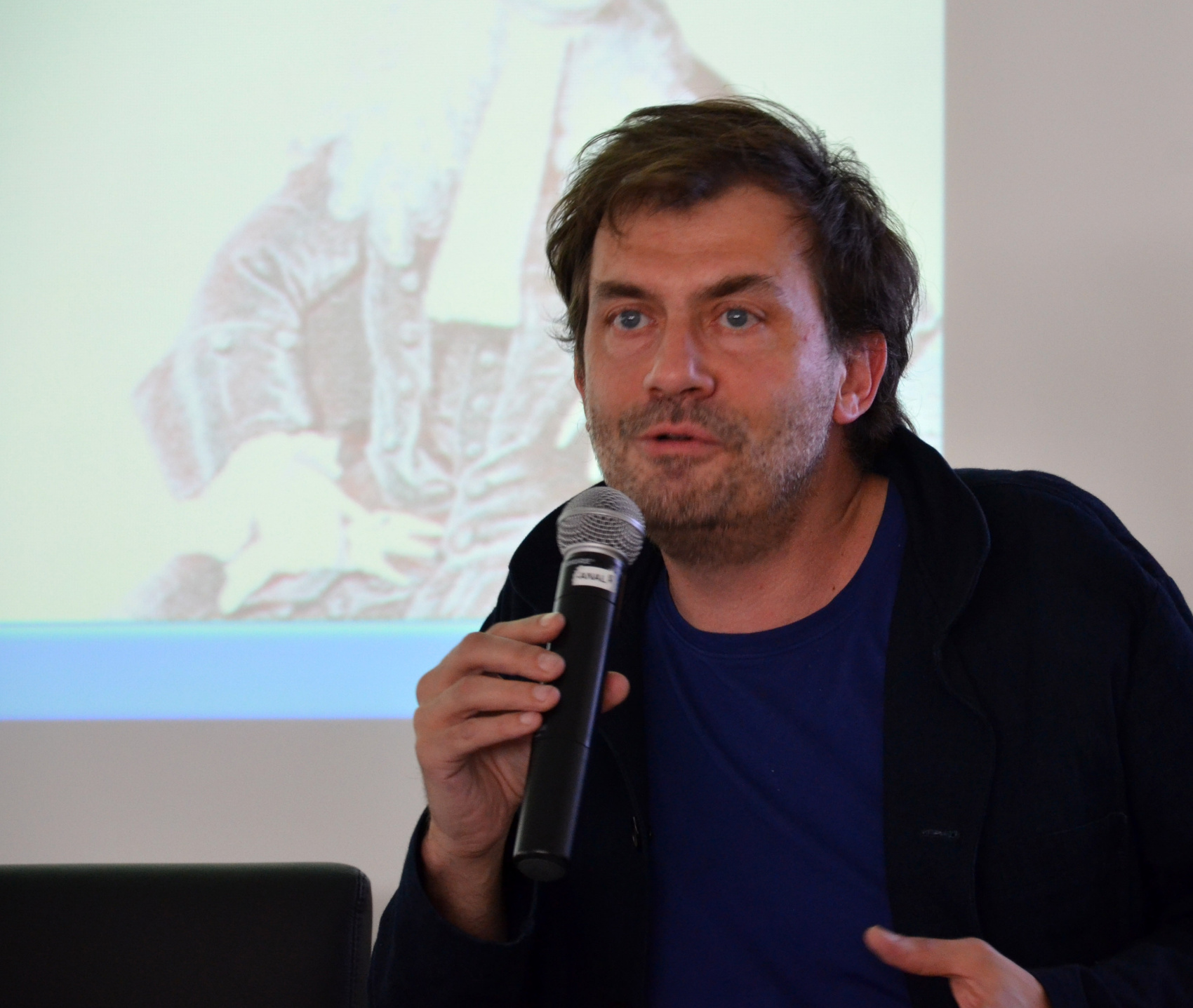
Dominique Cardon: The New Borders of the Internet
- Where: Václav Havel Library, Ostrovní 13, Prague 110 00
- When: June 5, 2018, 19:00 – 21:00
The rise of the internet and ever increasing volumes of information raise a number of fundamental questions: How do social networks influence the circulation of information and the formation of opinion? What role did fake news and social media play in the democratic process in the US elections and Brexit? How can we control internet giants of the type of Google, Facebook, Apple and Amazon? How is data mining used?
These and other questions will be answered by the French internet expert and sociologist Dominique Cardon, director of the MediaLab at SciencesPo in Paris and the author of numerous academic publications. The names of Czech guests will be confirmed.
The debate will take place in French and Czech, with simultaneous translation provided.
Organised by the Václav Havel Library in cooperation with Prague’s Institut français.
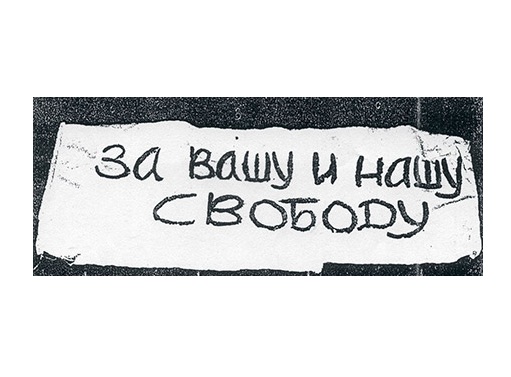
The Gratias Agit Award – The Magnificent Eight from Red Square 1968
- Where: Václav Havel Library, Ostrovní 13, Prague 110 00
- When: June 7, 2018, 16:00 – 18:00
On 25 August 1968, linguist Konstantin Babicky, poet Vadim Delaunay, worker Vladimir Dremlyuga, English Studies expert Viktor Fainberg, poet and translator Natalya Gorbanevskaya, physicist Pavel Litvinov, linguist Larisa Bogoraz and student Tatyana Baeva came together to protest on Moscow’s Red Square against the invasion of Czechoslovakia by Warsaw Pact troops led by the Soviet Union.
Within a few minutes the demonstrators were set upon and arrested. The Czechoslovak flag was destroyed and their banners confiscated. The detainees were sentenced to jail terms of several years, spells in labour camps or psychiatric clinics or internal exile…
In connection with the presentation of the Gratias agit award by the Czech Ministry of Foreign Affairs, participants Pavel Litvinov, Tatyana Baeva and Viktor Fainberg have accepted invitations to the Václav Havel Library.
A discussion on the distant anniversary as well as current events will be helmed by Adam Hradilek (Institute for the Study of Totalitarian Regimes) and the director of the Václav Havel Library, Michael Žantovský.
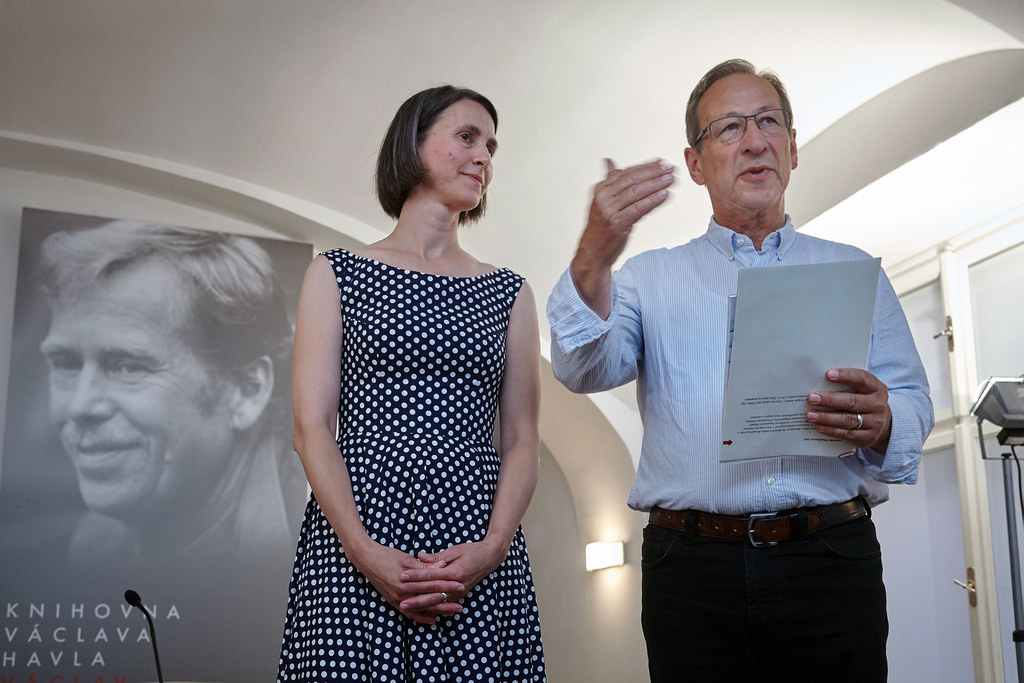
I’m Reading You a Poem, Listen
- Where: Václav Havel Library, Ostrovní 13, Prague 110 00
- When: June 7, 2018, 19:00 – 21:00
Now traditional poetry reading within the 11th edition of the festival Stranou – European Poets Live in which Czech, Polish, Austrian, Romanian and Slovenian authors will present their work.
Guests: Mircea Dan Duta (RO) / Katarina Gomboc (SLO) / Markéta Hejná (CR) / Milan Hrabal (CR) / Barbara Korun (SLO) / Andrej Makuc (SLO) / Hana Mžourková (CR) / Jani Oswald (A/SLO) / Jurij Paljk (IT/SLO) / Ana Porenta (SLO) / Simona Racková (CR) / Jan Štolba (CR).
The evening will be compered by Lenka and Peter Kuhar.
Other events taking place during the Stranou festival can be found at www.festivalstranou.cz
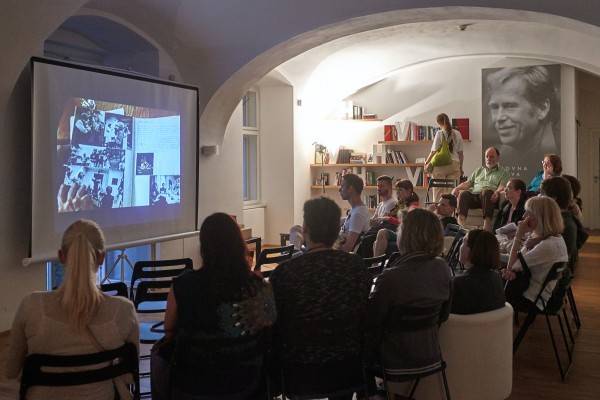
Prague Museum Night
- Where: Václav Havel Library, Ostrovní 13, Prague 110 00
- When: June 9, 2018, 19:00 – June 10, 2018, 01:00
We have prepared primarily for school pupils and students a screening of short educational films that popular figures with the young generation have worked with us in producing:
Everybody Can Change the World
Václav Havel completed his own work but how do we approach the world around us?
The pre-premiere of Everybody Can Change the World, a series of educational video lessons focused on human rights through the prism of the life and work of Václav Havel. The 10-minute lessons will be screened one by one, with one shown every 30 minutes. The lessons are presented by Emma Smetana and the dancer Yemi.
Read Havel
Have you ever read anything by Vaclav Havel? No? Try it with us!
Short video excerpts from the work of Vaclav Havel show just how contemporary his texts remain. Come brush up your knowledge as a reader! You will encounter KOVY, Do Thu Tang, Janek Rubeš, Adam Mišík and others on screen.
Our permanent interactive exhibition will be open the whole time.
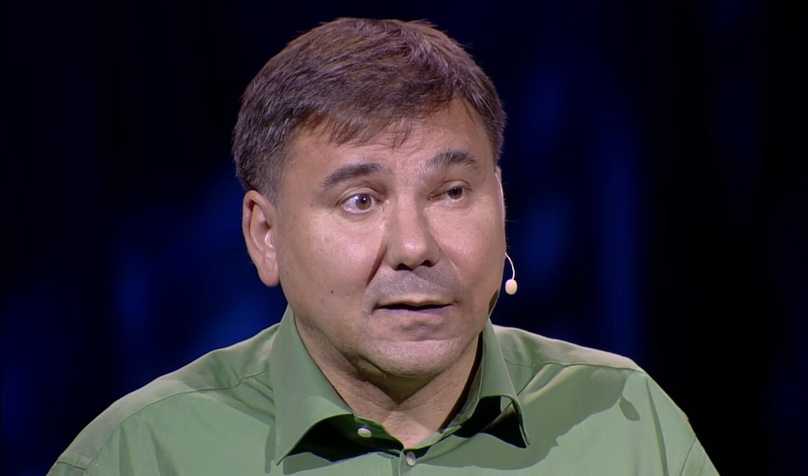
Ivan Krastev: Europe’s Futures
- Where: Václav Havel Library, Ostrovní 13, Prague 110 00
- When: June 11, 2018, 19:30 – 21:00
Admission free, registration required via this FORM.
Why the EU should not be taken for granted, why the response to the refugee crisis will define its future and why elites in Brussels are so mistrusted were the questions Ivan Krastev tried to answer in his book After Europe and will discuss during this event at the Vaclav Havel Library.
The paradox of 2017 was that while the EU failed to solve the crises that were tearing it apart the previous year, the interplay between them created the conditions that helped the bloc to survive. The union is as fragile as ever, but its chances of enduring are much better than they were a year ago.
Although none of the problems that have fractured the union have gone away, over the course of the year, European economies grew, unemployment declined and opinion polls across the continent registered restored trust in Europe’s future. Unexpectedly, in 2017, it was the pro-Europeans who took the initiative.
How has the EU succeeded today in recovering its appeal, while failing singularly to solve any of the crises that threaten to destroy it?
Ivan Krastev is chairman of the Centre for Liberal Strategies in Sofia and permanent fellow at the Institute for Human Sciences, Vienna. He sits on numerous boards and is a contributing opinion writer for the New York Times.
Organised by The Vaclav Havel Library in cooperation with the Bulgarian Embassy in the Czech Republic. The discussion will be held in English and simultaneously interpreted into Czech.
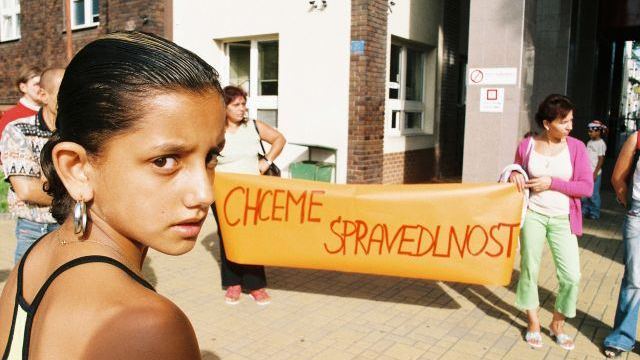
The Forced Sterilisation of Roma Women
- Where: Václav Havel Library, Ostrovní 13, Prague 110 00
- When: June 12, 2018, 18:00 – 20:00
A public discussion centred on an analysis of the policy of forced sterilisation of Roma women in the Czech Republic (previously Czechoslovakia) in the context of eugenics and the social state.
Among the invited guests are researchers into the forced sterilisation of Roma women in Communist Czechoslovakia and academics focused on discriminatory practices against Roma women at the Europe-wide level and the current situation. Another key topic of discussion will be compensation for victims, which is why we have invited both representatives of lobby groups and victims themselves.
Confirmed participants: Gwendolyn Albert, Celia Donert, Elena Gorolová and Angéla Kóczé.
Simultaneous interpretation into Czech/English provided.
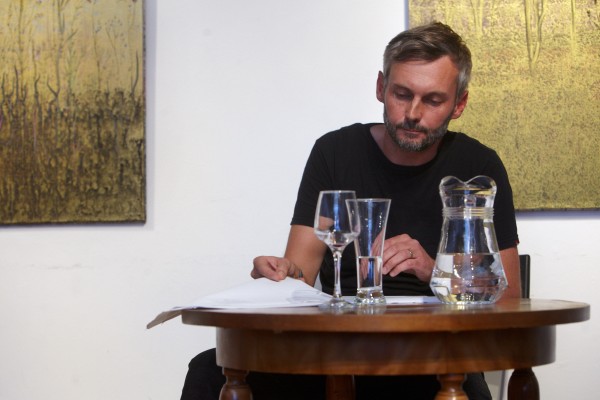
Petr Borkovec – Nobody Loves a Man Who Burns Himself to Death in Front of a Mirror
- Where: Václav Havel Library, Ostrovní 13, Prague 110 00
- When: June 13, 2018, 19:00 – 21:00
Reading from the poetry collection Herbář k čemusi horšímu (Herbarium for Something Worse) and the book of short stories Lido di Dante.
Herbarium for Something Worse, a collection from the illustrious contemporary poet and prose author Petr Borkovec, is something between an atlas and a rubbish dump.
The short story collection Lido di Dante takes us to a small resort a few kilometres from Ravenna in which the streets are named after characters in The Divine Comedy. It’s a spot that is dazzling and gorgeous (the sea and the beach, water birds in lagoons, an institute for the study of dunes and a wonderfully sunny coastal pine forest) and also dark (an ancient nudist beach, aggressive naturists, oil drilling, transvestites, prostitutes, bars full of thieves and the scary pine forest in which Dante wrote The Inferno). Twelve texts create a small guidebook to a spot in which light and shade alternate a tad faster than we are used to.
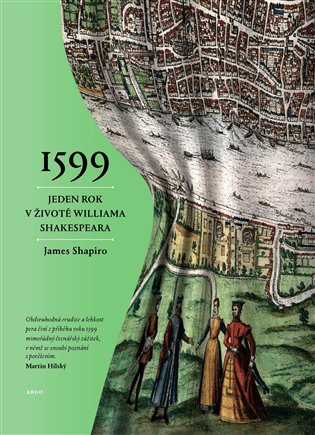
Kateřina Hilská and Martin Hilský: Shakespeare 1599
- Where: Václav Havel Library, Ostrovní 13, Prague 110 00
- When: June 14, 2018, 19:00 – 21:00
William Shakespeare is for the most part regarded as a “timeless” writer transcending his era and speaking to past and contemporary audiences about universal themes. However, in his book 1599: A Year in the Life of William Shakespeare James Shapiro depicts him as an author strongly influenced by the political and cultural events of his day.
In the landmark year of 1599, in which Shakespeare wrote Henry V, Julius Caesar, As You Like It and Hamlet, the Globe theatre opened, the Earl of Essex was sent to Ireland and the whole country feared another clash with the Spanish Armada.
Kateřina Hilská, the book’s translator, and Professor Martin Hilský, who has translated all of Shakespeare’s works, will discuss “timeless Shakespeare”.
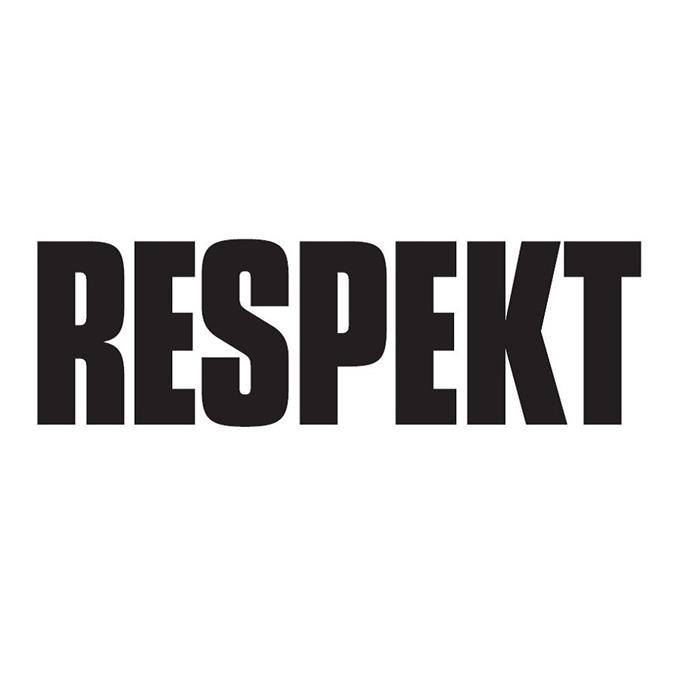
Debate with Respekt
- Where: Václav Havel Library, Ostrovní 13, Prague 110 00
- When: June 18, 2018, 20:00 – 22:00
Discussion with Respekt editors and their guests on a topical issue. For more information go to www.vaclavhavel-library.org
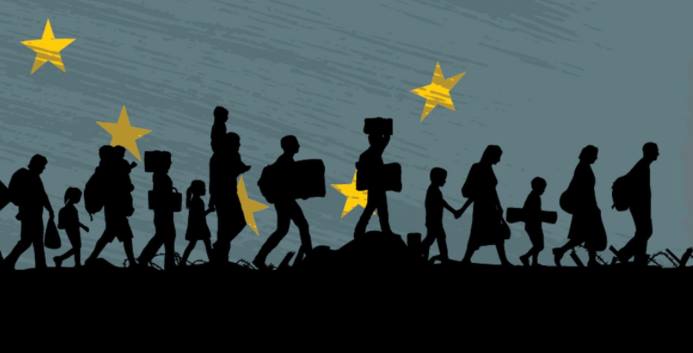
Europe between xenophobia and integration
- Where: Václav Havel Library, Ostrovní 13, Prague 110 00
- When: June 18, 2018, 17:00 – 19:00
Does migration represent a threat or an opportunity for contemporary Europe? Does migration create new cleavages in European societies? Why do we tend to perceive migration solely in a European context and disregard its global dimensions?
These and other issues related to ethnic and religious diversity, migration and transformation will be debated from both a historical and contemporary perspective by international experts Stathis Kalyvas (Oxford University), Elmira Muratova (Tavrida National V.I. Vernadsky University/Crimean Federal University), Paul A. Shapiro (US Holocaust Memorial Museum) and Christian Voss (Humboldt University of Berlin).
The event will be moderated by historian Kateřina Králová (Institute of International Studies FSS CUNI). The discussion will be held in English.

Mothers in the Ring: Family or Profession?
- Where: Václav Havel Library, Ostrovní 13, Prague 110 00
- When: June 20, 2018, 19:00 – 21:00
Is there a compromise between work and looking after children?
For many women, parental leave means abandoning the labour market for a lengthy period. Many lose touch with their field. Their level of qualification declines, as does their chance of full reintegration, a situation that is in part due to the inflexibility of the Czech labour market. Some women therefore put motherhood off, decide to have fewer children or don’t have any at all. There are models that claim to know how to enable the woman or both parents to decide themselves how to combine professional and parental needs and ideas, depending on what is possible for individual families. What form do those models take, how successful have they been abroad, what are their drawbacks, are they beneficial to parents alone or also to children, and what are their chances of working in the Czech environment? These issues will be the focus of our discussion about combining family and professional life.
Guests: MP Markéta Pekarová Adamová, Jana Spekhorstová of the Czech branch of the European Union of Women, Marie Oujezdská, director of the National Centre for the Family, economist Filip Pertold of the think tank IDEA at CERGE-EI.
The debate will be chaired by Jaroslav Poláček, an analyst with the TOPAZ political institute.
Organised by the Václav Havel Library in cooperation with TOPAZ.
Havel Channel
Havel Channel je audiovizuální projekt Knihovny Václava Havla, jehož cílem je šířit myšlenkový, literární a politický odkaz Václava Havla, bez ohledu na vzdálenost, zeměpisné hranice či nouzové stavy. Jeho páteř tvoří debaty, vzdělávací projekty a rozhovory. Velký prostor je věnován též konferencím, autorským čtením, záznamům divadelních inscenací a koncertům. Audiovizuální projekt Knihovny Václava Havla Havel Channel se uskutečňuje díky laskavé podpoře Karel Komárek Family Foundation.
Publications / E-shop
The central focus of the Library’s publishing programme is the life and work of Václav Havel, his family and close collaborators and friends. For clarity, the programme is divided into six series: Václav Havel Library Notebooks, Václav Havel Library Editions, Student Line, Talks from Lány, Václav Havel Documents, Works of Pavel Juráček and Václav Havel Library Conferences. Titles that cannot be incorporated into any of the given series but which are nonetheless important for the Library’s publishing activities are issued independently, outside the series framework.
Diary IV. 1974–1989
399,- CZK
Foolish Writing
299,- CZK
Havel to the Castle
149,- CZK
Kilián Nedory
199,- CZK
Case for a Novice Headsman
199,- CZK
I am not sad. Audience & Vernissage
129,- CZK
To the Castle and Back
249,- CZK
I am the Gypsy Baron
299,- CZK
Conferences & prizes
Václav Havel European Dialogues
The Václav Havel European Dialogues is an international project that aims to initiate and stimulate a discussion about issues determining the direction of contemporary Europe while referring to the European spiritual legacy of Václav Havel. This idea takes its main inspiration from Václav Havel’s essay “Power of the Powerless”. More than other similarly focused projects, the Václav Havel European Dialogues aims to offer the “powerless” a platform to express themselves and in so doing to boost their position within Europe.
The Václav Havel European Dialogues is planned as a long-term project and involves cooperation with other organisations in various European cities. Individual meetings, which take the form of a conference, are targeted primarily at secondary and third-level students, as well as specialists and members of the public interested in European issues.
Prague 2022Olomouc Prague 2023PragueMnichov 2020Brussels 2020Prague 2019Brussels 2019Prague 2018Brussels 2018Europe at the Crossroads (e-book)Prague 2017Brussels 2017Prague 2016Brussels 2016Prague 2015Brussels 2015Brussels 2014Berlin 2014Prague 2014 - J. GauckBruges 2014Prague 2014
Václav Havel Human Rights Prize
The Václav Havel Human Rights Prize is awarded each year by the Parliamentary Assembly of the Council of Europe (PACE) in partnership with the Václav Havel Library and the Charta 77 Foundation to reward outstanding civil society action in the defence of human rights in Europe and beyond.
11th Year of the Prize (2023)10th Year of the Prize (2022)9th Year of the Prize (2021)8th Year of the Prize (2020)7th Year of the Prize (2019)6th Year of the Prize (2018)5th Year of the Prize (2017)4th Year of the Prize (2016)3rd Year of the Prize (2015)2nd Year of the Prize (2014)1st Year of the Prize (2013)History of the prize
Havel - Albright Transatlantic Dialogues
Since the first Václav Havel Transatlantic Dialogues at GLOBSEC and FORUM 2000 conferences last year, we have lost another stalwart advocate of the transatlantic bond and of the need to face threats to democracy and international order together on both sides of the Atlantic, the former US Secretary of State Madeleine Albright. In view of the close bond between Václav Havel and Madeleine Albright and, after Havel's death, between the Secretary and the Library, the Václav Havel Library, with the approval of Madeleine Albright's family, renamed and rebranded the program as The Havel-Albright Transatlantic Dialogues (HATD), after the two major figures with roots in Central Europe who have personified the bond. Together, Václav Havel and Madeleine Albright symbolize the transatlantic relationship and the fundamental values underpinning it perhaps better than any other two people in recent history. The upcoming Dialogues “The Indispensable Woman: The Legacy of Madeleine K. Albright”, at the FORUM 2000 conference on September 1, and at the “Havel and our Crisis” conference at Colby College, ME, on September 28, will thus become venues for a well-deserved tribute to the pair we all respected and admired.
Transatlantic Dialogues 2021Transatlantic Dialogues 2022HATD 2022 Prague
Václav Havel
Václav Havel
* 5. 10. 1936 Praha
† 18. 12. 2011 Hrádeček u Trutnova
- spisovatel a dramatik, publicista a filozof
- jeden z trojice prvních mluvčích Charty 77
- vůdčí autorita československé společenské změny v listopadu 1989
- poslední prezident Československa a
- první prezident České republiky
- celoživotní zastánce lidských práv a svobod doma i ve světě.
Educational projects
Archive / Documentation centre / Research projects
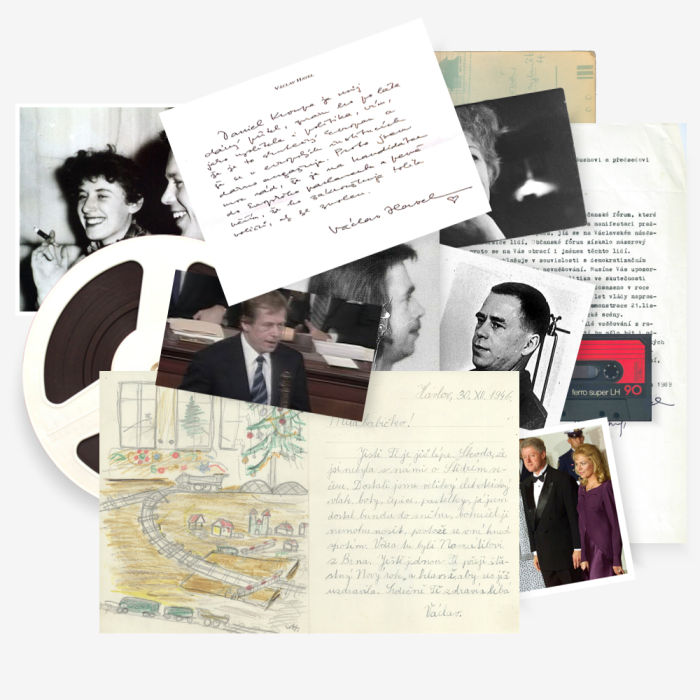
The Václav Havel Library is gradually gathering, digitizing, and making accessible written materials, photographs, sound recordings and other materials linked to the person of Václav Havel.
- 70920 records in total
- 27849 of events in the VH's life
- 2831 of VH's texts
- 2125 of photos
- 403of videos
- 568of audios
- 6604of letters
- 15101of texts about VH
- 8264 of books
- 40672of bibliography records
Access to the database of the VHL’s archives is free and possible after registering as a user. Accessing archival materials that exist in an unreadable form is only possible at the reading room of the Václav Havel Library, Ostrovní 13, 110 00 Prague 1, every Tuesday (except state holidays) from 9:00 to 17:00, or by prior appointment.
We will be glad to answer your queries at archiv@vaclavhavel-library.org.
Sign in (registered users only)
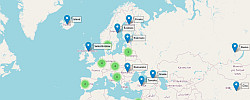
Havel in a nutshell
The virtual exhibition Václav Havel in a Nutshell places the life story of Václav Havel in the broader cultural and historic context in four chronologically distinct chapters with rich visual accompaniment. The exhibition is supplemented by the interactive map Flying the World with Václav Havel, which captures in physical form Havel’s global “footprint”.
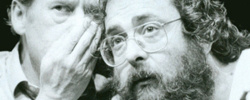
Vladimir Hanzel's revolution
Collage of recollections, images and sound recordings from Vladimír Hanzel, President Václav Havel’s personal secretary, bringing the feverish atmosphere of the Velvet Revolution to life.
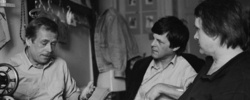
Václav Havel Interviews
A database of all accessible interviews given to print media outlets by the dramatist, writer and political activist Václav Havel between the 1960s and 1989. The resulting collection documents the extraordinary life story of an individual, as well as capturing a specific picture of modern Czechoslovak history at a time when being a free-thinker was more likely to lead to jail than an official public post.
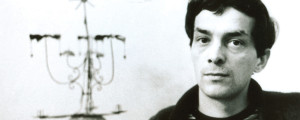
Pavel Juráček Archive
The Pavel Juráček Archive arose in February 2014 when his son Marek Juráček handed over six banana boxes and a typewriter case from his father’s estate to the Václav Havel Library. Thousands of pages of manuscripts, typescripts, photographs, documents and personal and official correspondence are gradually being classified and digitalised. The result of this work should be not only to map the life and work of one of the key figures of the New Wave of Czechoslovak film in the 1960s, but also to make his literary works accessible in the book series The Works of Pavel Juráček.
The aim of the Václav Havel Library is to ensure that Pavel Juráček finds a place in the broader cultural consciousness and to notionally build on the deep friendship he shared with Václav Havel. Soon after Juráček’s death in 1989 Havel said of him: “Pavel was a friend of mine whom I liked very much. He was one of the most sensitive and gentle people I have known – that’s why I cannot write more about him.”
All about Library
The Václav Havel Library works to preserve the legacy of Václav Havel, literary, theatrical and also political, in particular his struggle for freedom, democracy and the defence of human rights. It supports research and education on the life, values and times of Václav Havel as well as the enduring significance of his ideas for both the present and future.
The Václav Havel Library also strives to develop civil society and active civic life, serving as a platform for discussion on issues related to the support and defence of liberty and democracy, both in the Czech Republic and internationally.
The main aims of the Václav Havel Library include
- Organizing archival, archival-research, documentary, museum and library activities focused on the work of Vaclav Havel and documents or objects related to his activities, and carries out professional analysis of their influence on the life and self-reflection of society
- Serving, in a suitable manner, such as through exhibitions, the purpose of education and popularisation functions, thus presenting to the public the historical significance of the fight for human rights and freedoms in the totalitarian period and the formation of civil society during the establishment of democracy
- Organizing scientific research and publication activities in its areas of interest
Podpořte nás
We are well aware that freedom and democracy must be nurtured. Here at Ostrovní 13, but also on the audiovisual platform Havel Channel, we strive to do so through our own educational programmes, talks, discussion meetings, books, exhibitions, concerts, theatre performances. We honour Václav Havel's legacy and wish that the Library be a living organism and open to all. That is why our programme is free of charge for everyone. This would not be possible without regular financial support from our supporters. Become one of them...
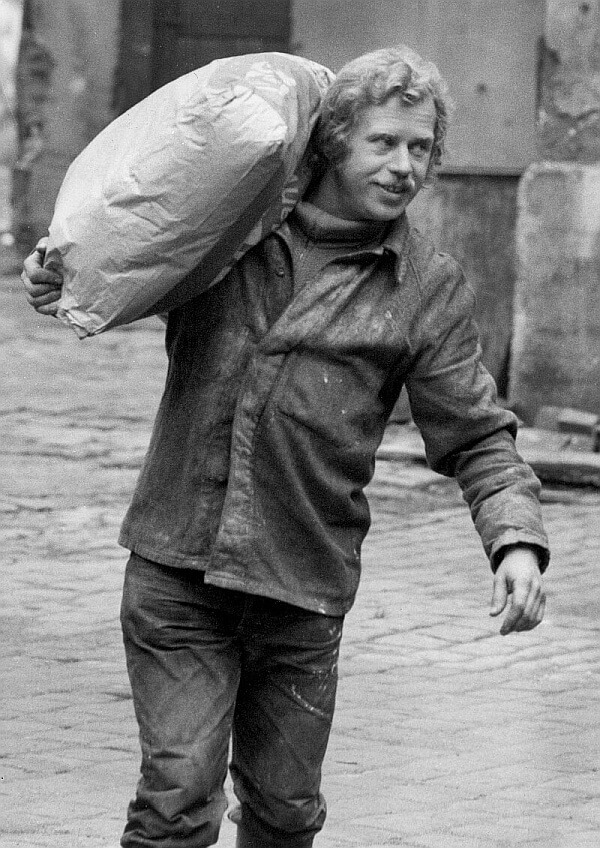
Support us with a financial donation
Does our work make sense to you and do you want to support the activities of the Vaclav Havel Library?
You can easily make a one-time payment by scanning the QR code.
Would you like to contribute regularly? Then we invite you to become a member of the Friends of the Vaclav Havel Library Club. What are the benefits of membership? Find out more.
Help us expand the archive
The Vaclav Havel Library manages an archive of writings, documents, photographs, video recordings and other materials related to the life and work of Vaclav Havel. This archive is predominantly in digital form. If you or someone close to you owns any original texts, correspondence, photographs, speeches or any other work by Vaclav Havel, we would be grateful if you could contact us.
You can donate in other ways too
Supporting a specific charitable or public benefit organization whose activities you appreciate or have been supporting for a long time is also possible through a will. This form of donation is quite common abroad, but in the Czech Republic this tradition is only just taking root.
Share information about us
The Vaclav Havel Library is open to media and promotional cooperation, mutual sharing of links, publishing our banners or information about our events.
For more information, please contact us.
Donations have their rules
At the Vaclav Havel Library, we uphold a transparent, responsible and ethical way of dealing with all those who contribute to fulfilling our purpose and implementing our strategy. Our code of ethics summarizes the basic rules of donations.
Get involved in volunteering
Would you like to get involved as a volunteer? That's great. We welcome anyone who wants to help our work.




